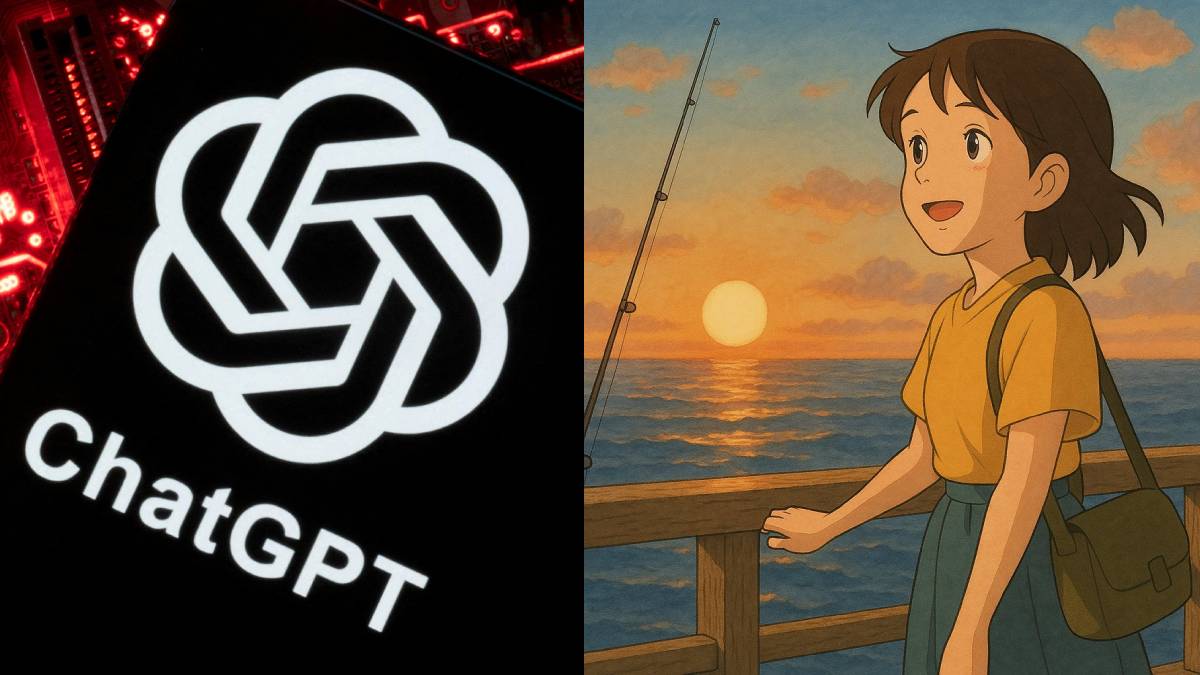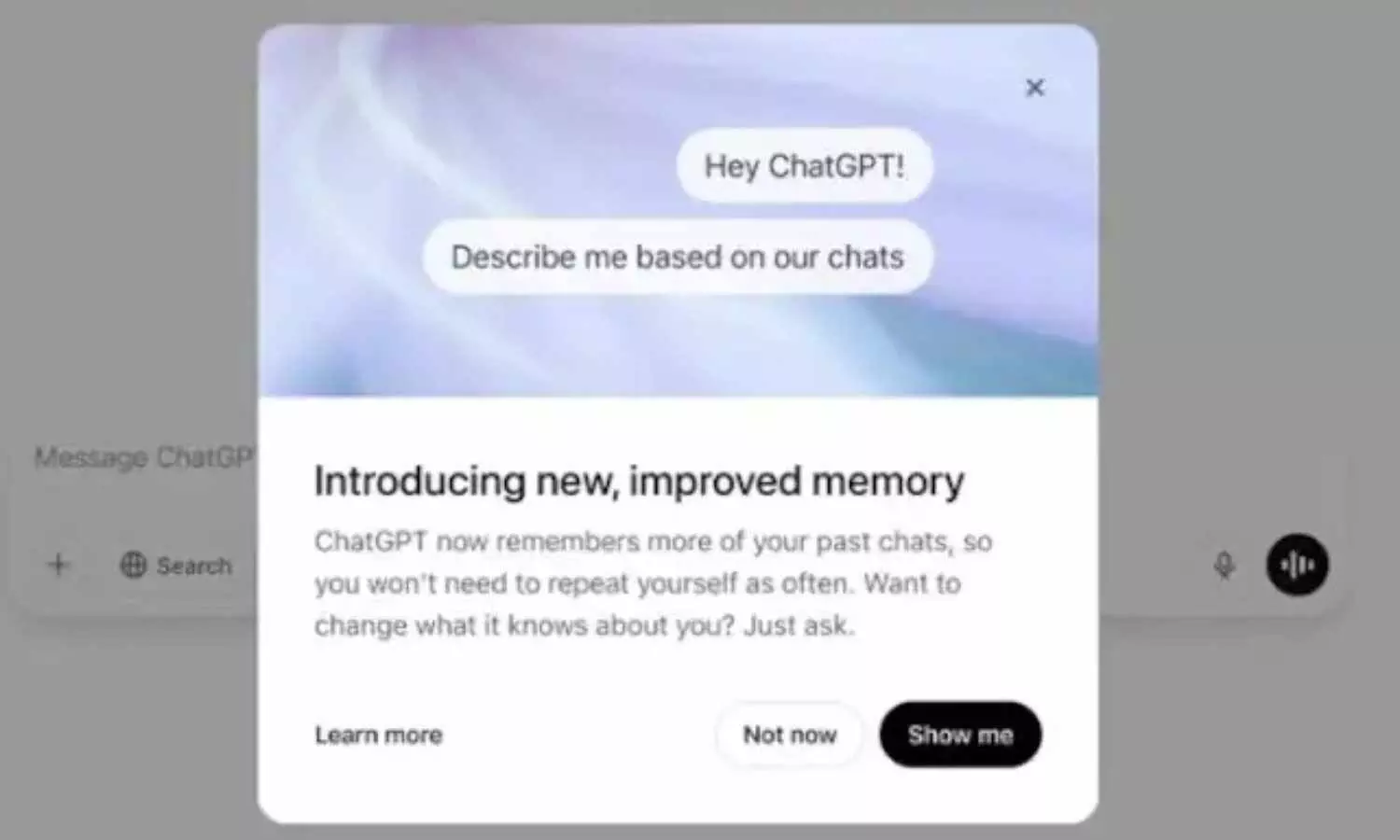Bill Gates Predicts AI Will Replace These Two ‘Untouchable’ Jobs
Introduction
In a thought-provoking forecast, Microsoft co-founder and tech visionary Bill Gates has predicted that Artificial Intelligence (AI) will soon take over two white-collar job roles long considered immune to automation: teachers and healthcare professionals. This bold assertion has reignited conversations around AI’s impact on essential human-centric professions.
Gates made the observation during a recent discussion on the evolution of generative AI technologies like ChatGPT, emphasizing that their capacity to understand and respond to complex language, emotions, and contexts could soon rival—or even surpass—human professionals in certain domains.
Let’s explore why Gates believes these roles are at risk, how AI might reshape them, and what this means for the future of work.
Which Jobs Are at Risk—and Why?
1. Teachers
Gates suggests that AI can become a personal tutor—more scalable and accessible than human educators. With real-time feedback, adaptive learning, and 24/7 availability, AI could:
- Provide individualized lesson plans
- Identify learning gaps quickly
- Offer multilingual education
But Gates also emphasized that AI would supplement, not replace human teachers entirely—especially in emotional, behavioral, and developmental areas.
2. Healthcare Professionals
Specifically, Gates cited AI’s growing potential in diagnosis and patient interaction. With vast data sets and real-time learning, AI tools could:
- Detect illnesses from scans and tests faster than humans
- Assist in mental health counseling via empathetic chatbots
- Reduce diagnostic errors through consistent pattern recognition
However, he clarified that human empathy and trust remain irreplaceable, particularly in critical care and emotional health contexts.

The Role of Generative AI
Smarter, Faster, Cheaper
AI models like ChatGPT, Google Gemini, and Claude are becoming increasingly sophisticated. They can process complex data, mimic empathy, and interact with nuance—opening the door to high-functioning digital assistants across industries.
Democratizing Expertise
Gates envisions AI as a “force multiplier”, especially in underserved areas where there are shortages of skilled professionals. For instance:
- AI tutors for remote students
- AI diagnostic tools for rural clinics
Benefits and Challenges
Opportunities
- Accessibility: AI could deliver quality education and healthcare to millions with limited resources.
- Cost-efficiency: Reduces operational costs in institutions and clinics.
- Productivity: Frees up time for professionals to focus on complex or emotional tasks.
Concerns
- Job displacement in sectors already strained by tech disruption.
- Data privacy and ethical dilemmas around decision-making.
- Over-reliance on machines in emotionally nuanced situations.
What Bill Gates Recommends
Rather than fear AI’s rise, Gates encourages governments and institutions to prepare and adapt:
- Invest in AI-powered tools for public services
- Upskill professionals to work alongside AI
- Establish strong AI governance frameworks
He stressed that the transition should be human-led and ethically anchored to ensure technology enhances—not replaces—the best aspects of human service.
Conclusion: The Future of Work Is Here
Bill Gates’ outlook on AI’s future role in teaching and healthcare is not a warning—it’s a wake-up call. While AI has the potential to improve access, quality, and efficiency, it must be implemented thoughtfully, with humans at the core.
As generative AI reshapes the professional landscape, the question isn’t whether change is coming—but how we’ll respond when it does.
dont miss out:
BluSmart Becomes Uber Green in Bengaluru: India’s EV Ride-Hailing Evolution
Discover more from The CutShort News
Subscribe to get the latest posts sent to your email.



